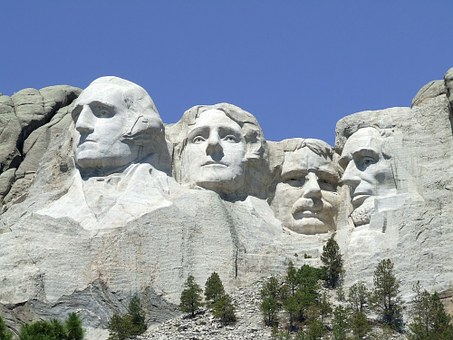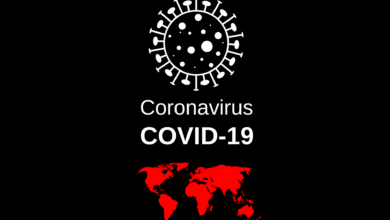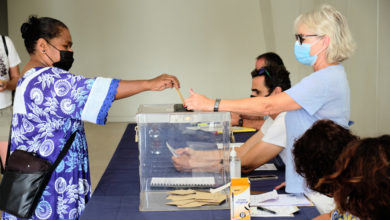The Origin of Politics

Judge Napolitano, the former New Jersey Supreme Court judge and television news commentator deals with politics all of the time. After all, Napolitano states, the law and politics are intimately related. In a modern society like the U.S., there is scarcely a law that isn’t interwoven with politics.
Politics are the structure that governments impose on both their politicians and the general public, Outside of dictatorships, all governments are interwoven with the political structure of the times.
The Judge, therefore, believes very strongly that citizens in countries that have a say and a vote in how the government is administered might benefit from being educated on the origin of politics.
When Did Politics Begin?
It depends a great deal on how you define politics. The word politics derived from Aristotle and the ancient Greeks who identified politics as “the affairs of the cities.”
So while many argue that politics is an organized way of resolving conflicts for the distribution of goods, Social Scientist Harold Lasswell said it best when he described politics as the decisions “Who gets what, when, and how?”
Based upon that definition, politics has been ever with us since the beginning of mankind.
In fact, Dutch Primatologist Frans de Waal of Emory College in Atlanta argues in his book Chimpanzee politics power and sex among apes is now in its 25th edition.
Frans de Wall is of the definite opinion that chimpanzees have been using political pressure for centuries and
A second book by political scientist Francis Fukayama, associated with Stanford University and George Mason University, entitled “Origins Of Political Order: From Prehuman Times To The French Revolution ” argues that early tribes and civilizations had relatively limited political organizations at best, but it was only after city-states began to form with tens of thousands of people that modern politics began to form.
Kings and Religion
It is often thought that kings had it easy with politics. All the king needed to do was wave his hand or affix his seal on a piece of parchment and his will was done.
One may look no further than the tremendous clashes between King Henry the II and Thomas Becket.
Becket was the Lord Chancellor of Great Britain and was fastidious in doing the King’s bidding, particularly when it came to taxes. However, when Henry insisted that Beckett would come to be the Archbishop of Canterbury, the King was hoping that all political power from the church would go by the wayside in his favor.
Gradually the power of the Papacy dissolved and by the late 1850s, the church still had many moral powers, but gradually lost pretty much all political power. Interestingly, in the United States, the various church policies such as the prohibition on abortion, and even so far as contraception laws were concerned, the various churches have held sway over the politics of the land.
To learn more about Judge Napolitano, you can visit his biography on Fox News.





